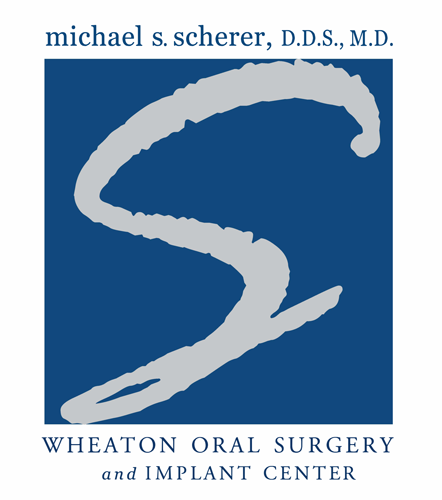What You Eat Can Affect Your Tmj Pain
Posted on 6/2/2025 by Office |
 The temporomandibular joint, or TMJ, is a hinge connecting your jawbone to your skull. It allows you to open and close your mouth, chew, and speak. When this joint is inflamed or damaged, it can cause pain, clicking, popping, and difficulty moving your jaw. This condition is known as TMJ disorder. The temporomandibular joint, or TMJ, is a hinge connecting your jawbone to your skull. It allows you to open and close your mouth, chew, and speak. When this joint is inflamed or damaged, it can cause pain, clicking, popping, and difficulty moving your jaw. This condition is known as TMJ disorder.
While the exact cause of TMJ disorder is unknown, several factors can contribute to its development. One of these factors is your diet.
The Link Between Diet and TMJ Pain
What you eat can significantly impact the health of your TMJ joint. Certain foods can worsen inflammation and put stress on the joint, leading to increased pain and discomfort.
Foods to Avoid:
| • |
Hard, chewy foods: Foods like tough meats, hard candies, and chewy bagels require excessive force to chew, putting strain on your jaw muscles and joints. |
| • |
Sticky foods: Caramel, toffee, and other sticky candies can stick to your teeth and jaw, making it harder to open and close your mouth. This can lead to TMJ pain and discomfort. |
| • |
Sugary foods and drinks: Sugar can contribute to inflammation throughout the body, including the TMJ joint. |
| • |
Processed foods: Processed foods are often high in sodium, which can worsen inflammation. |
| • |
Alcohol and caffeine: These substances can dehydrate you, leading to muscle stiffness and pain. |
Foods to Include:
| • |
Soft foods: Opt for foods that are easy to chew, such as soft fruits, cooked vegetables, and yogurt. |
| • |
Foods rich in omega-3 fatty acids: Omega-3s have anti-inflammatory properties that can help reduce TMJ pain. Good sources include fatty fish, walnuts, and flaxseed oil. |
| • |
Foods rich in calcium and vitamin D: These nutrients are essential for bone health, which can indirectly support the TMJ joint. Dairy products, leafy greens, and fortified foods are good sources of calcium and vitamin D. |
Additional Oral Care Tips for TMJ Pain Management:
| • |
Practice good oral hygiene: Brush and floss your teeth twice a day, and schedule regular dental checkups. Good oral care can help prevent inflammation and infection, which can aggravate TMJ pain. |
| • |
Use a mouthguard: If you grind your teeth at night (bruxism), wearing a mouthguard can help protect your TMJ joint from further damage. |
| • |
Apply ice or heat: Applying ice or heat packs to the affected area can help reduce pain and inflammation. |
| • |
Manage stress: Stress can worsen TMJ pain. Find healthy ways to manage stress, such as yoga, meditation, or spending time in nature. |
Restorative Dentistry and TMJ Pain:
In some cases, TMJ pain may be caused by misalignment of the bite or missing teeth. Restorative dentistry procedures, such as crowns, bridges, or implants, can help restore proper bite alignment and alleviate TMJ pain.
It is important to note that dietary changes are just one aspect of managing TMJ pain. If you are experiencing TMJ pain, it is essential to consult with a qualified healthcare professional for diagnosis and treatment recommendations.
|
|
